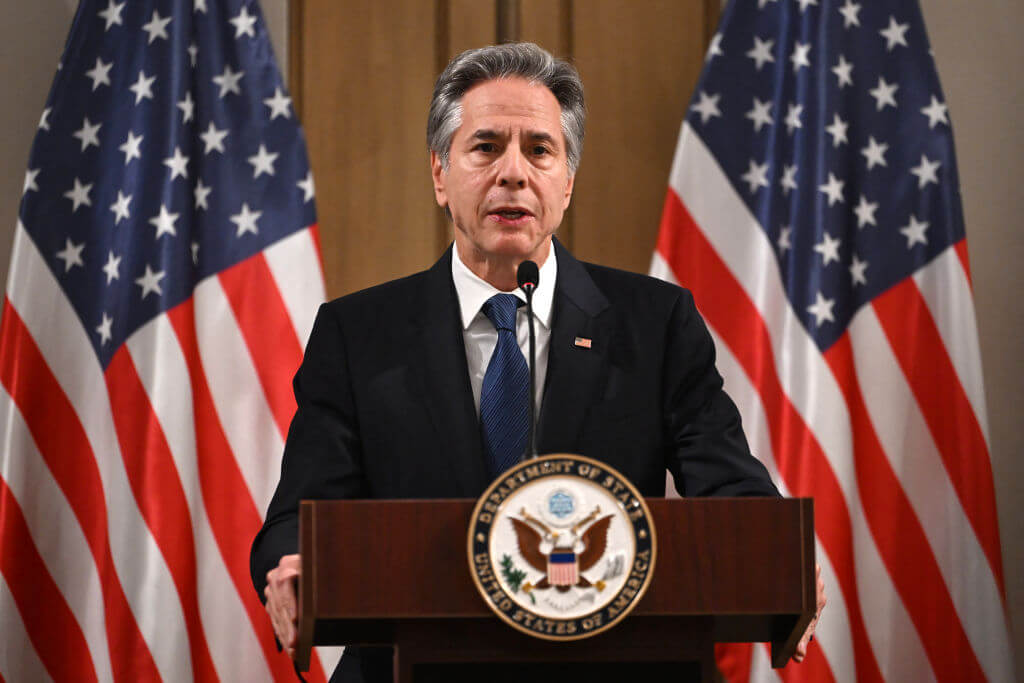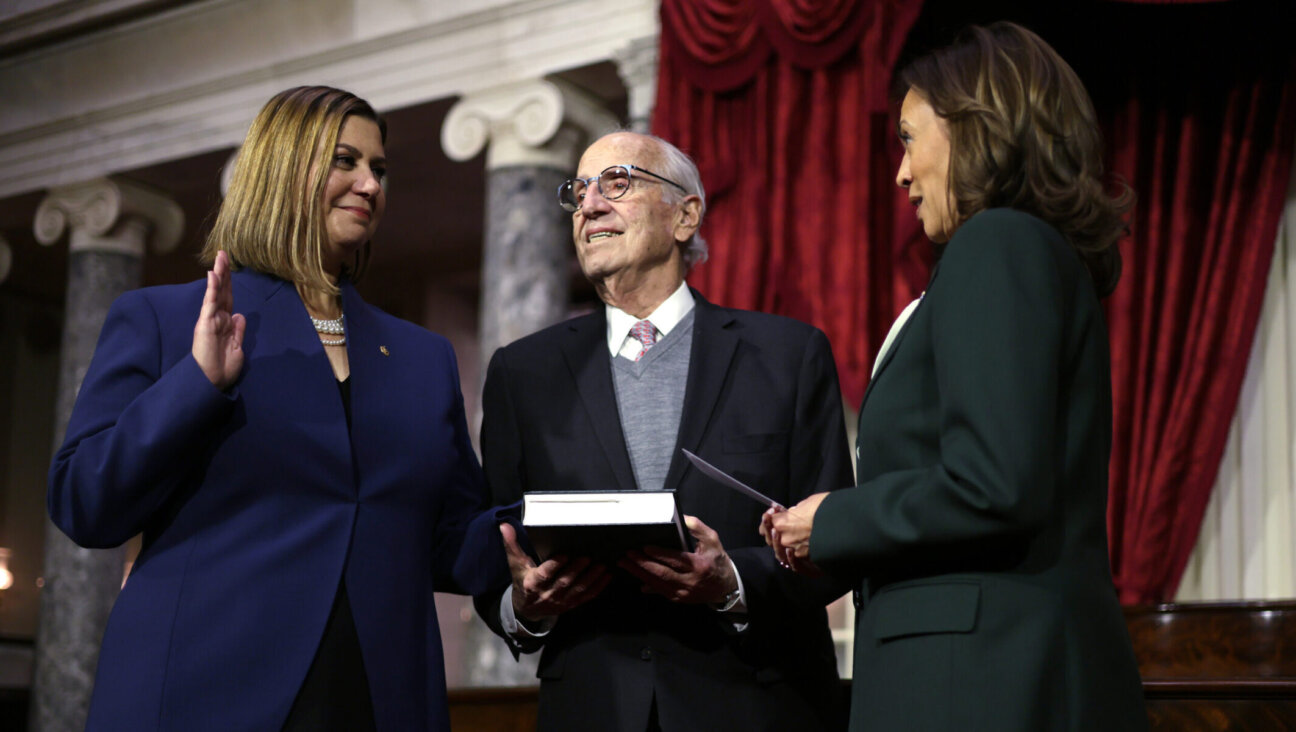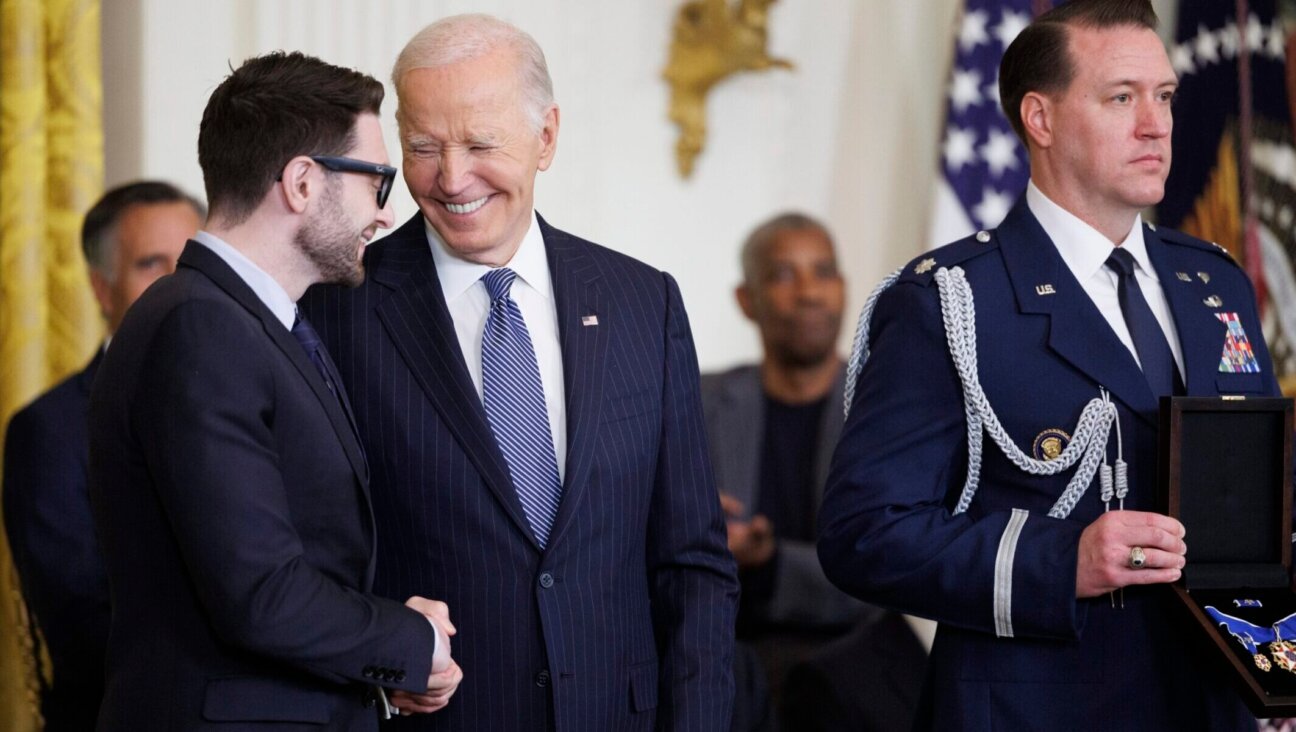Supreme Court rules that government employees who infringe religious liberty can be held personally liable

Supreme Court of the United States. Image by Wikimedia Commons
The Supreme Court ruled on Thursday that people can obtain monetary damages directly from employees of the federal government when suing over infringement of the First Amendment right to religious liberty.
The ruling responds to a case filed by several Muslim men who said that FBI officers placed them on a no-fly list because they refused to inform on their religious community. Those men can now legally win damages from those specific FBI officers.
Being placed on the no-fly list led the men to lose “precious years with loved ones, plus jobs and educational opportunities,” Ramzi Kassem, a lawyer for the plaintiffs, told the justices during oral arguments in October, according to The Washington Post.
Justice Clarence Thomas wrote the 8-0 opinion. The case was argued before Justice Amy Coney Barrett joined the court.
The plaintiffs sued under the Religious Freedom Restoration Act, passed nearly unanimously by both the House and Senate in 1993, which prohibits the government from placing a “substantial burden” on a person’s religious practice.
The law allows citizens to seek “appropriate relief” from the government. Politicians who helped pass the law said at the time that it did not mean for individual federal employees to be personally subject to damages, but the court ruled that the law nevertheless allows for that consequence. However, Thomas also wrote that government officials can argue that they have qualified immunity, meaning that they are not liable for damages in civil cases when following the law in their role as federal employees.
Mark Joseph Stern, who covers the court system for Slate, suggested on Twitter that the ruling could lead to federal officials not enforcing nondiscrimination laws for fear of being personally sued in civil court. For example, there have been instances in which people who courts have found to be violating nondiscrimination laws against LGBTQ people have claimed religious liberty as a defense.
The facts in this case are compelling. But in light of the conservative majority’s ever-expanding conception of “religious liberty,” I am nervous that RFRA money damages will have a chilling effect on federal officials who enforce nondiscrimination laws. https://t.co/rWsOPY7A52 pic.twitter.com/x8lhAxYt6t
— Mark Joseph Stern (@mjs_DC) December 10, 2020
Ari Feldman is a staff writer at the Forward. Contact him at feldman@forward.com or follow him on Twitter @aefeldman
A message from our Publisher & CEO Rachel Fishman Feddersen

I hope you appreciated this article. Before you go, I’d like to ask you to please support the Forward’s award-winning, nonprofit journalism so that we can be prepared for whatever news 2025 brings.
At a time when other newsrooms are closing or cutting back, the Forward has removed its paywall and invested additional resources to report on the ground from Israel and around the U.S. on the impact of the war, rising antisemitism and polarized discourse.
Readers like you make it all possible. Support our work by becoming a Forward Member and connect with our journalism and your community.
— Rachel Fishman Feddersen, Publisher and CEO





















